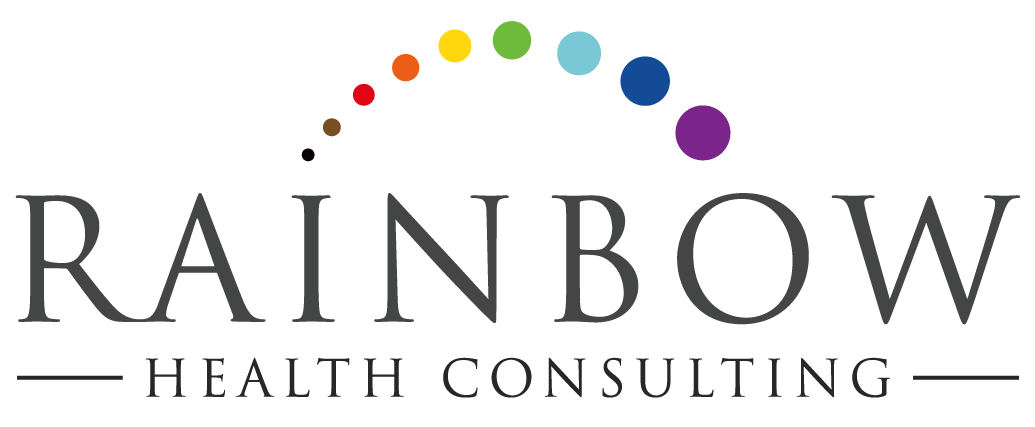Pioneers: LGBTQ Elders and Their Health Care Needs
As the “baby boomer” generation continues to come into retirement age, the issues and concerns of LGBTQ+ seniors have come to the forefront.
The LGBTQ+ seniors who are aging now were truly pioneers in the movement for human rights for this population, and they should be treated as such. Their memories and experiences are unique and their health care should be as well.
Because of the time in which they came of age, many LGBTQ+ seniors may be estranged from their families of origin and may have built “chosen families” instead in order to make social and emotional connections throughout the lifespan. Those chosen families should be respected by health care providers and encouraged to continue those connections even at times of health care challenges.
Until very recently, the partners of LGBTQ+ individuals had no legal standing when it came to health decisions. This has changed as same-sex marriage has been legalized across the United States, but the stigma remains. Many partnered LGBTQ+ elders may not have ever legally married their spouse, even if theirs was a long-term relationship.
Sadly, many LGBTQ+ seniors go back “into the closet” when they come into contact with the health care system, which can be very distressing for them.
For all of these reasons, health care providers and centers who work with seniors should consider training on these topics and more. Such training helps healthcare providers define terminology and to understand the history in which LGBTQ+ seniors have participated. Training such as the kind offered at Rainbow Health Consulting, helps healthcare providers examine some of the specific health care needs of LGBTQ+ seniors and why their patients may not feel comfortable talking about them.
First, you should assume that you do serve LGBTQ+ clients already, even though they might not be out to their health care providers or others. You can discreetly ask clients and patients on your patient intake forms, hang rainbow flags or other indicators of inclusivity, and specifically consider LGBTQ+ topics for programming and events.
For your transgender older adult clients, there may be additional or different concerns to consider. Older transgender adults may use pronouns and names distinct from what is on their medical/legal forms. Remember, many of these transgender seniors did not have the opportunity to transition in the way that younger generations currently do.
Older adults are also making end of life decisions that many of their younger counterparts have not yet needed to consider. For many LGBTQ+ seniors of the current generation, it is more likely that they might not have children, or that they may be estranged from their children. This population is also more likely to live alone and may need to rely on outside providers for care, as opposed to their family of origin.
Times are changing quickly for LGBTQ+ elders, but health care providers can act now in order to minimize the health disparities experienced by this pioneering generation.

